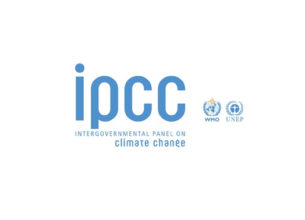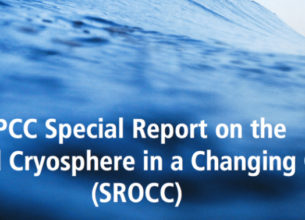Regenerative Agriculture
Regenerative Agriculture
Why in News?
- The importance of regenerative agriculture was recently emphasised in the Intergovernmental Panel on Climate Change (IPCC) report on “Climate Change and Land.”
Highlights
- It is a ‘sustainable land management practice’ that can be effective in building the resilience of agroecosystems.
- Regenerative agriculture is a holistic farming system that focuses on soil health, food quality, biodiversity improvement, water quality and air quality through methods such as reducing the use of chemical fertilisers and pesticides, reducing tillage, integrating livestock and using cover crops.
- The current Intensive agriculture system has led to soil degradation and constant losses. There may not be enough soil to feed the world in next 50 years, according to international scientists. Soil fertility and biodiversity are decreasing across the globe.
- Regenerative agriculture improves soil health through practices that increase soil organic matter, biota and biodiversity. It also aims at enhancing water-holding capacity and carbon sequestration.
- It facilitates soil aggregation, water infiltration, retention and nutrient cycling.
- Regenerative agriculture also reduces erosion, provides habitat and food for diverse species and is beyond sustainability.








